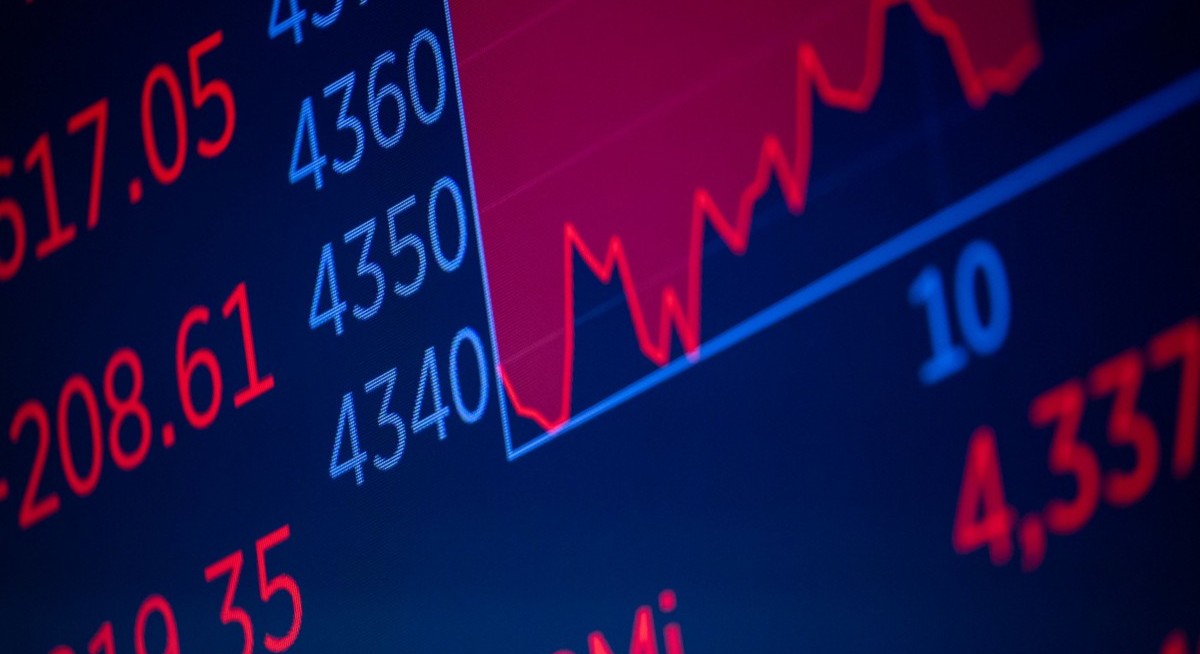More broadly, net exposure to Russell 2000 futures sits near its lowest in a year, even as investors’ futures bets on the Nasdaq 100 Index are near historic highs. The gap between the two metrics is the largest ever, according to Goldman.
Many smaller firms lack robust balance sheets and can borrow far less than companies in the S&P 500, making them more sensitive to economic fluctuations than their larger peers.
While the group has outperformed large-cap stocks in its rally from April lows, some investors are sceptical that US growth will remain strong enough to support further gains as US President Donald Trump fights to reorder global trade.
“Managers believe that small caps are more exposed to domestic economic uncertainty,” said Jon Caplis, CEO of hedge fund research firm PivotalPath. “The return of inflationary pressures in the US and the likelihood that interest rates will be higher for longer – all of which impact small-cap margins, growth and indebtedness — has led to a more bearish tilt.”
See also: Nike CEO Hill sees turnaround picking up from Europe to Asia
Growth worries
Small-caps have lagged behind larger stocks over the last several years, as investors’ obsession with artificial intelligence boosted the fortunes of companies such as chipmaker Nvidia.
Smaller stocks were one of the main initial beneficiaries of the so-called Trump trade late last year, with investors betting that higher trade barriers will boost demand for domestic goods.
See also: BofA’s Hartnett warns overbought global stocks face sell signal
Those expectations were eventually undercut by worries over economic growth and higher-for-longer interest rates, which are more harmful to small firms due to their reliance on external capital.
The Russell 2000 is up 26% from its April lows, with some investors warning that its sizzling rally is a sign that risk sentiment may be overheating.
The bearish thesis around small caps in the US could take a hit if growth remains firm or if tame inflation bolsters the case for the US Federal Reserve to lower interest rates. Traders are leaning toward the central bank lowers borrowing costs as soon as September, but more likely in October.
Max Gokhman, deputy chief investment officer at Franklin Templeton Investment Solutions, said he has been wary of being too negative on small caps given the possibility of a short-squeeze — where a reversal in price causes bearish investors to unwind their bets by buying back shares.
However, given the economy’s resilience and the prospect of higher long-dated yields, “it’s hard to have a sanguine small-cap view”, he said.




